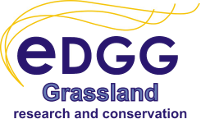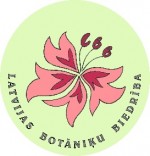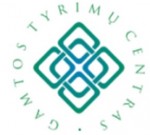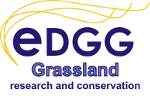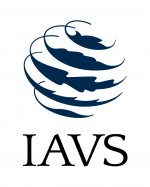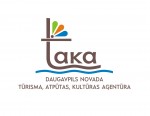Organizers
- The Eurasian Dry Grassland Group (EDGG) was established in August 2008 as the European Dry Grassland Group. Recently it expanded its ecological and geographical scope to cover all types of semi-natural grasslands of the whole Palearctic realm. The EDGG is an official group of the International Association for Vegetation Science (IAVS, www.iavs.org). Its basic aims are to compile and to distribute information on research in and conservation of natural and semi-natural grasslands beyond national borders, and to stimulate active cooperation among scientists, practitioners and all who work with or are interested in grasslands.
- The University of Latvia has 15,000 students, 13 faculties and more than 20 research institutes. The University offers more than 130 state-accredited academic and professional study programmes. Research is conducted in over 50 scientific fields which represent four main areas of inquiry: the humanities, sciences, social sciences, and education sciences. The University pays great attention to the development of international collaboration. At present the University of Latvia has signed more than 500 agreements with 326 institutions in 31 European countries within ERASMUS programme.
- Latvian Botanical society’s (LBS) roots can be found in far 1952, but as a NGO it was registered in 1994. LBS unite most active botanists from different generations and nowadays there are 130 members in it. LBS have taken an active part in the organization of field trips - excursions of the Baltic botanists that took place in Lithuania, Latvia and Estonia. Annually, LBS arranges excursions and meetings where the most important botanical findings are dignified. Every year LBS votes for plant of the year - it is one of the nature’s symbol on what botanists would like to pay public attention about its protection status and/or its distribution – it could be a very rare plant but sometimes a common species with interesting ecology. LBS also implements plant species monitoring especially for species of EU importance.
- The Nature Research Centre, Lithuania (NRC) was established in 2009 by merging the Institute of Botany, the Institute of Ecology of Vilnius University and the Institute of Geology and Geography. The NRC pursues and co-ordinates long-term scientific research in various fields of biotic and abiotic nature and ensures the competence of Lithuania on the international stage. The NRC takes an active role in the development and implementation of a conceptual framework for the protection of the living environment and its sustainable development.(http://www.gamtostyrimai.lt/en/about_us/information_about_the_research_centre)
